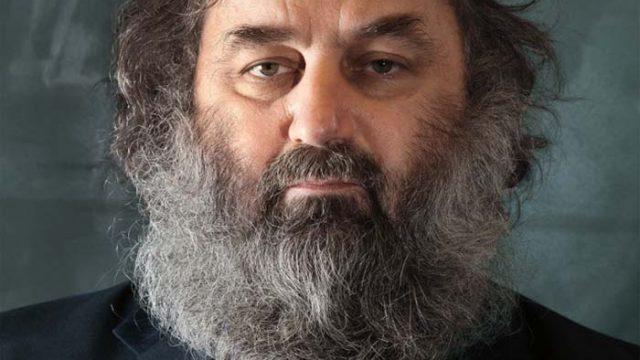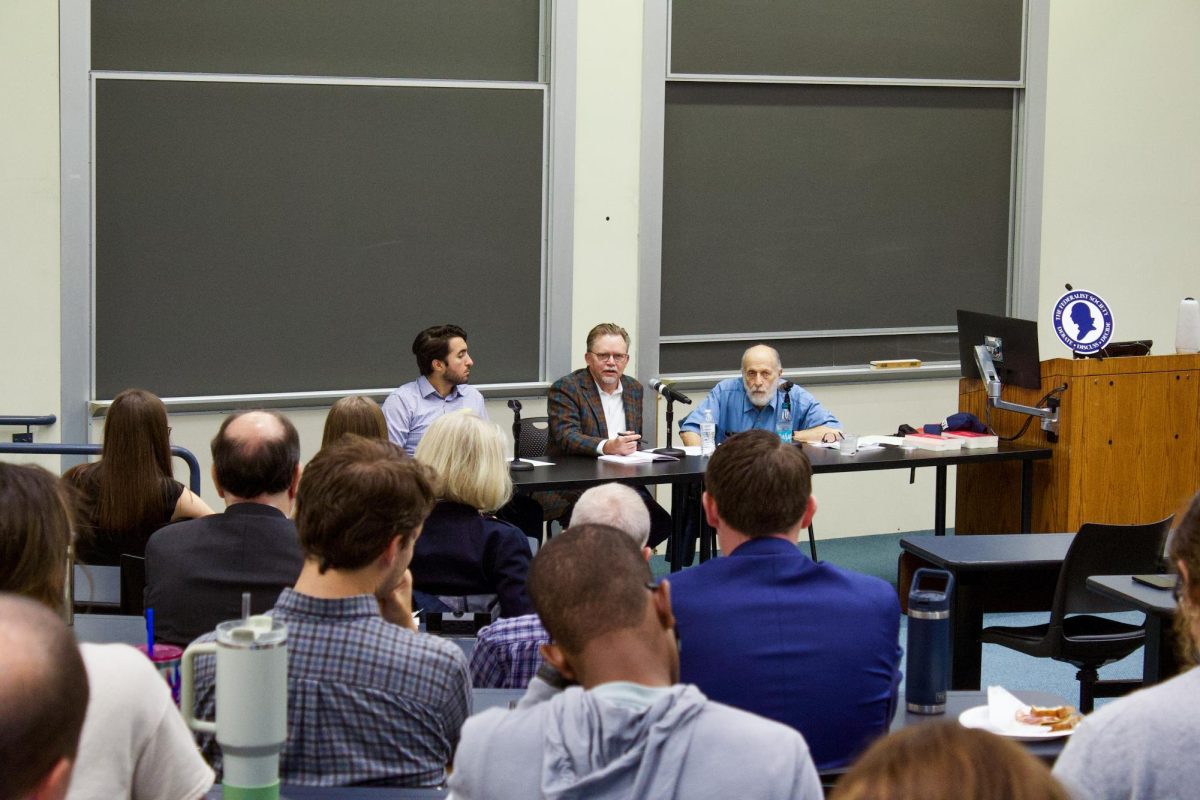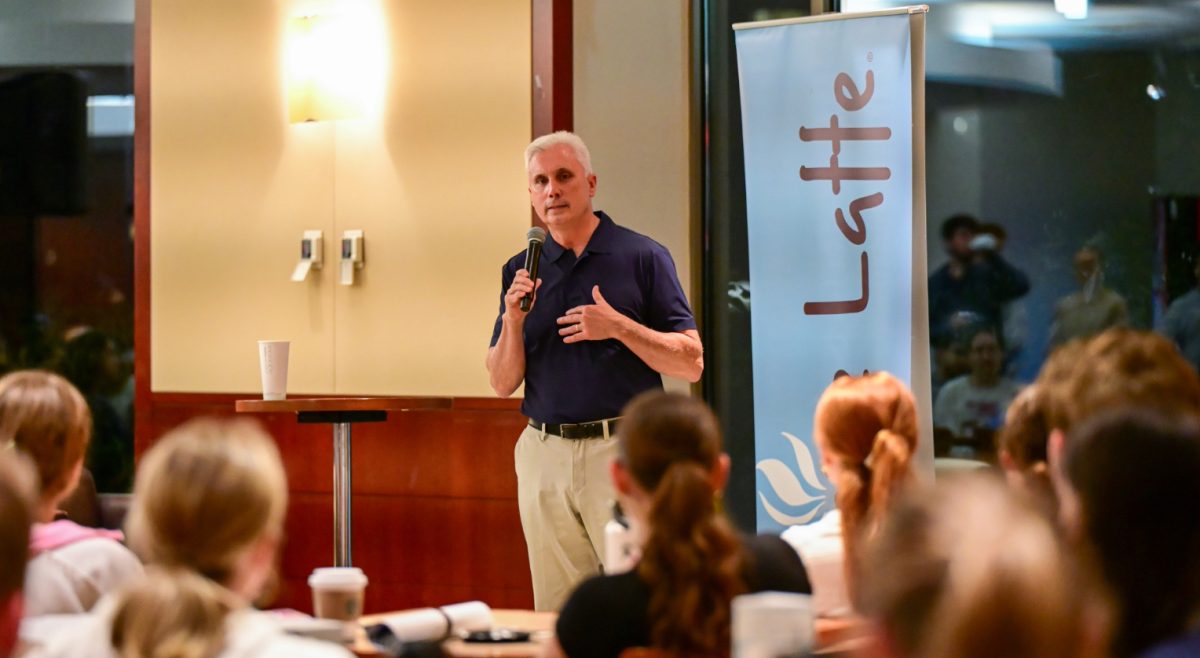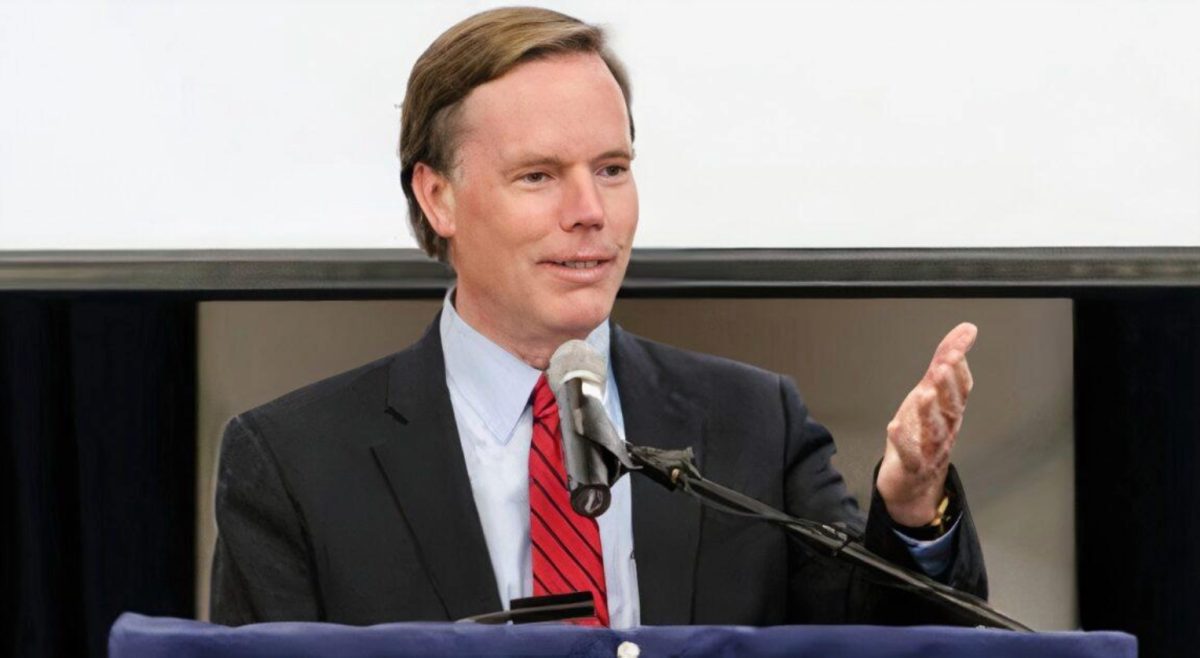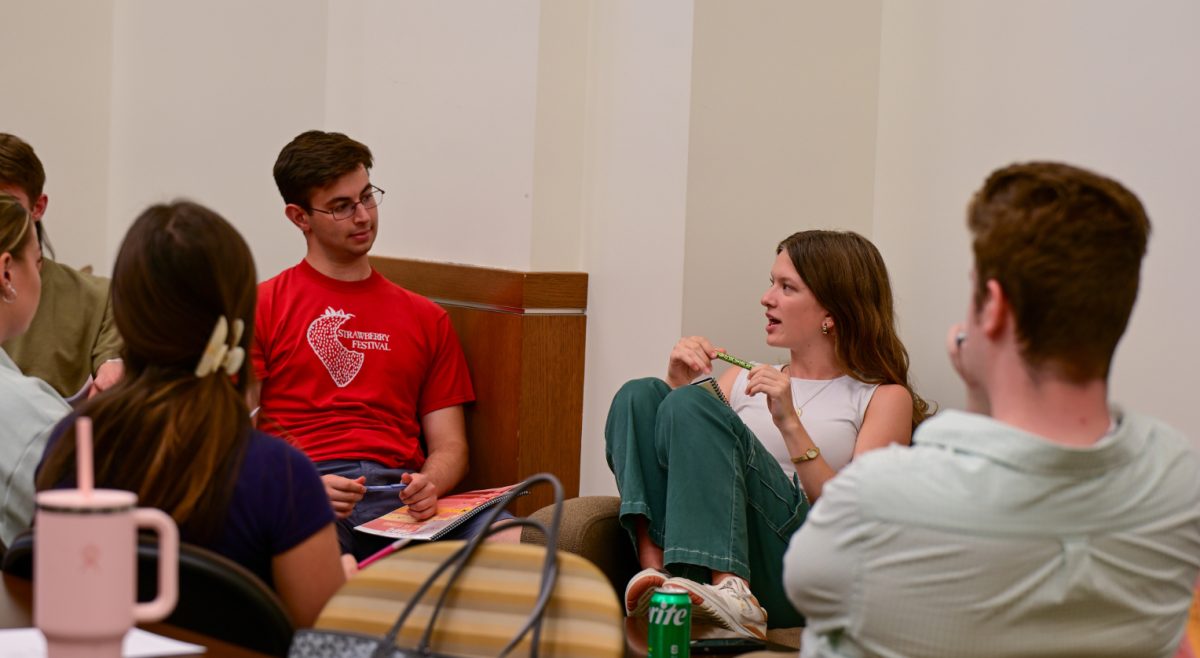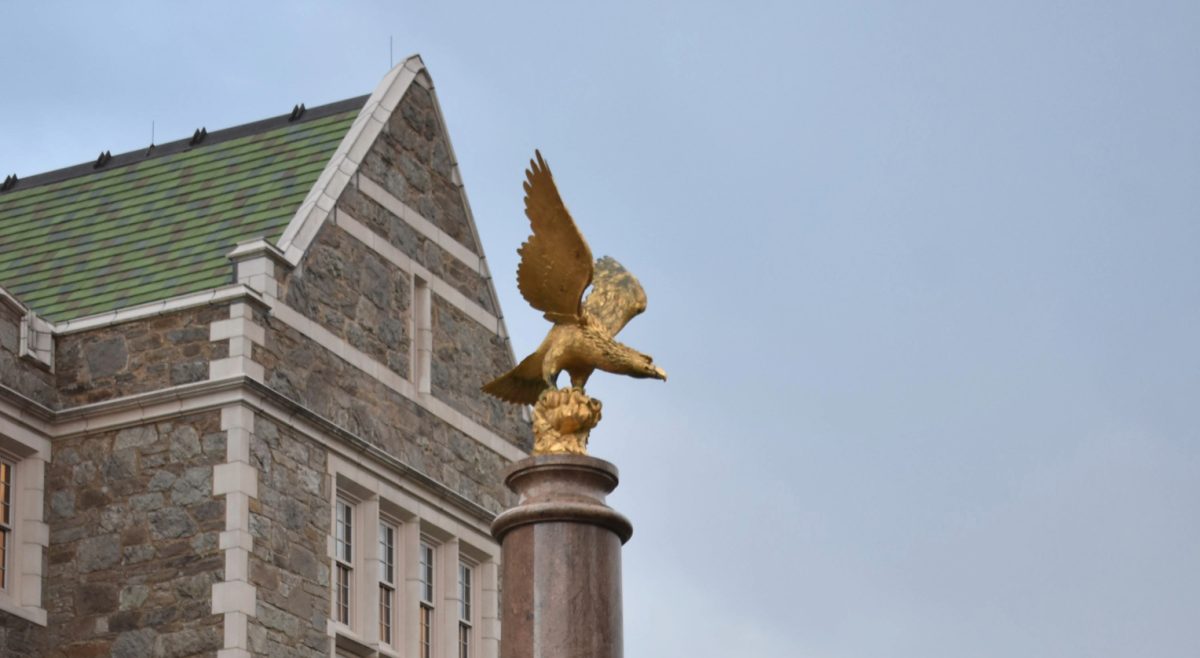On April 3, 2003, Dennis Maher walked out of a courthouse in Massachusetts a free man after serving a sentence for rape and assault and battery. Though he spent 19 years in prison, Maher was innocent of all the crimes for which he was convicted.
Maher spoke about his journey from being a wrongfully convicted man to a prison exoneree at an event hosted by the Boston College Innocence Project on Tuesday. The event began with a partial screening of the film After Innocence.
First released at the Sundance Film Festival in 2005, After Innocence follows the story of several prison exonerees, including Maher, and discusses the faults within the judicial system that allowed for their wrongful convictions.
Maher was first arrested on Nov. 17, 1983, after being stopped at random and searched by a police officer. The officer discovered half an ounce of marijuana in Maher’s pocket and arrested him for illegal possession.
After being brought to the police station, Maher was questioned as to his whereabouts on the nights of Nov. 16 and 17. He was informed that he was a suspect in two rape cases. Maher, an enlisted soldier in the Army at the time, had alibis for both of those nights.
After a witness in one of the cases failed to identify him, a judge deemed that there was no grounds to convict Maher and told Maher he was free to go. As Maher was exiting the courthouse, however, he was arrested again for the same crimes and brought to a different county.
Several weeks and thousands of dollars in bail payments later, Maher was convicted of rape, attempted rape, assault and battery, and an assortment of other charges. Jan. 5, 1984 was his last day of freedom.
Maher recounted how, just before his sentence was handed down, the judge asked him if he had anything he would like to say.
“You all are the future of this country. If you think something is wrong in your heart, look at it. It won’t be easy, but work to change it. You are the future.”
—Dennis Maher
“Young army kid, of course I had something to say,” he said. “So I says to him, ‘Your honor, if you call this justice then you and your whole system are a crock of shit.’”
The judge subsequently doubled his sentence to 30 years plus a life sentence.
While in prison, Maher maintained his innocence and became his own advocate. He attributes his 16 years without a lawyer as one of the things that helped him get through life in prison.
Eventually, Maher learned of the Innocence Project, a nationwide advocacy program that works to free wrongfully convicted individuals, and sought its assistance. Three years after his first meeting with his new lawyer, Aliza Kaplan, Maher was freed from prison—DNA evidence proved his innocence.
Adjusting to life after prison was also a struggle for him. Maher moved back to his hometown of Lowell, Mass., and lived with his parents. When asked by a close friend what his plans were, Maher responded that he planned to take two months off, find a job, and then get married.
Maher’s plan was completely fulfilled. He is married with two children and now works at Waste Management. He also speaks at several universities and conferences across the nation about his experience of life both inside and out of prison.
Jay Carney, the prosecutor who put Maher behind bars, apologized to him on the day of his release from prison. The two now address an annual conference of prosecutors at Harvard University and have maintained a friendly relationship.
Maher concluded by stressing the importance of students getting involved if they see problems in the U.S. justice system.
“You all are the future of this country,” he said. “If you think something is wrong in your heart, look at it. It won’t be easy, but work to change it. You are the future.”
Featured Image by Dana Smith / The Boston College Law School Magazine

